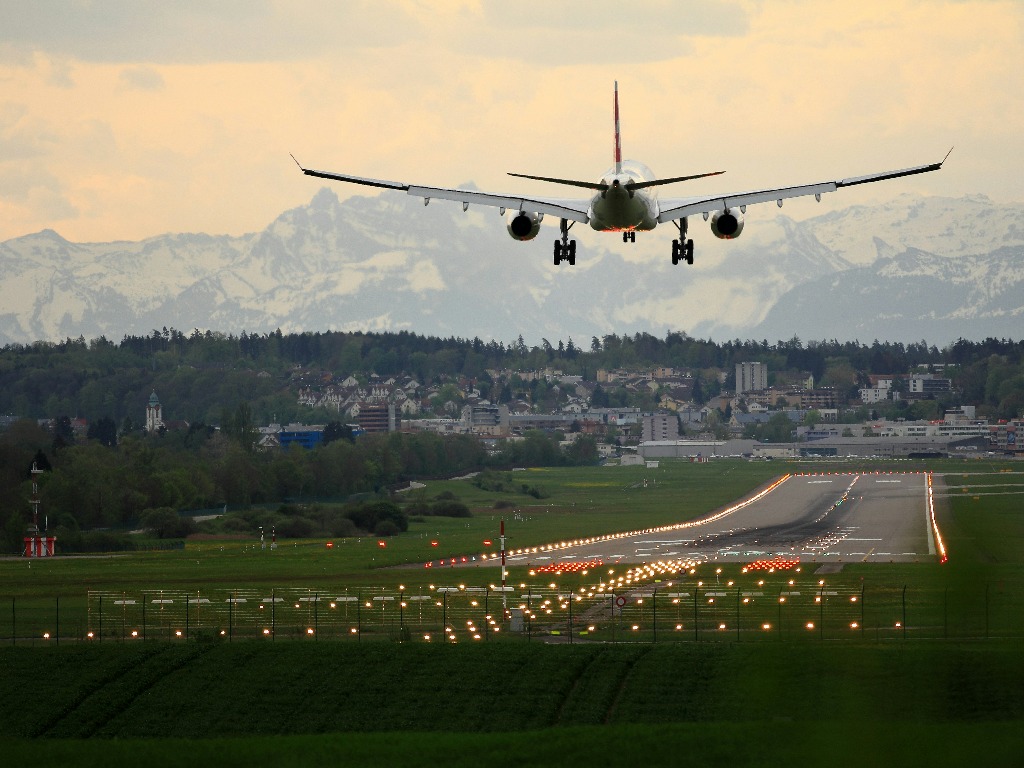New data from IATA shows passenger demand up 21.5%

The International Air Transport Association (IATA) recently released data for the February 2024 global passenger demand, with results showing an overall increase of 21.5 per cent.
Total demand, measured in revenue passenger kilometers (RPKs), was up 21.5 per cent compared to February 2023. Total capacity, measured in available seat kilometers (ASK), was up 18.7 per cent year-on-year. The February load factor was 80.6 per cent (+1.9ppt compared to February 2023).
International and domestic demand
International demand rose 26.3 per cent compared to February 2023; capacity was up 25.5 per cent year-on-year and the load factor improved to 79.3 per cent (+0.5ppt on February 2023).
Domestic demand rose 15.0% compared to February 2023; capacity was up 9.4% year-on-year and the load factor was 82.6% (+4.0ppt compared to February 2023).
February 2024 was a leap year with one extra day compared to February 2023. This slightly exaggerates growth in both demand and capacity to the positive.
“The strong start to 2024 continued in February with all markets except North America reporting double-digit growth in passenger traffic. There is good reason to be optimistic about the industry’s prospects in 2024 as airlines accelerate investments in decarbonization and passenger demand shows resilience in the face of geopolitical and economic uncertainties,” said Willie Walsh, IATA’s director general. “It is critical that politicians resist the temptation of cash grabs with new taxes that could destabilize this positive trajectory and make travel more expensive. In particular, Europe is a worry as it seems determined to lock in its sluggish economic recovery with uncompetitive tax proposals.”
International passenger markets
All regions showed double-digit growth for international passenger markets in February 2024 compared to February 2023.
For the first time, demand for international services exceeded pre-pandemic levels (+0.9 per cent compared to February 2019). This, however, is skewed by February 2024 being a leap-year with an extra day compared to February 2023.
Asia-Pacific airlines saw a 53.2 per cent year-on-year increase in demand. Capacity increased 52.1 per cent year-on-year and the load factor rose to 84.9 per cent (+0.6ppt compared to February 2023), the highest among all regions.
European carriers saw a 15.9 per cent year-on-year increase in demand. Capacity increased 16.0 per cent year-on-year, and the load factor was 74.7 per cent (flat compared to February 2023).
Middle Eastern airlines saw a 19.7 per cent year-on-year increase in demand. Capacity increased 19.1 per cent year-on-year and the load factor rose to 80.8 per cent (+0.4ppt compared to February 2023).
North American carriers saw a 16.0 per cent year-on-year increase in demand. Capacity increased 17.6 per cent year-on-year, and the load factor fell to 77.7 per cent (-1.1ppt compared to February 2023).
Latin American airlines saw a 21.0 per cent year-on-year increase in demand. Capacity climbed 18.6 per cent year-on-year. The load factor rose to 84.2 per cent (+1.7ppt compared to February 2023).
African airlines saw a 20.7 per cent year-on-year increase in demand. Capacity was up 22.1% year-on-year. The load factor fell to 74.0 per cent (-0.8ppt compared to February 2023).
Domestic demand growth was led by China (+35.1% compared to February 2023) which benefitted from unrestricted Lunar New Year travel.
Tags: IATA


